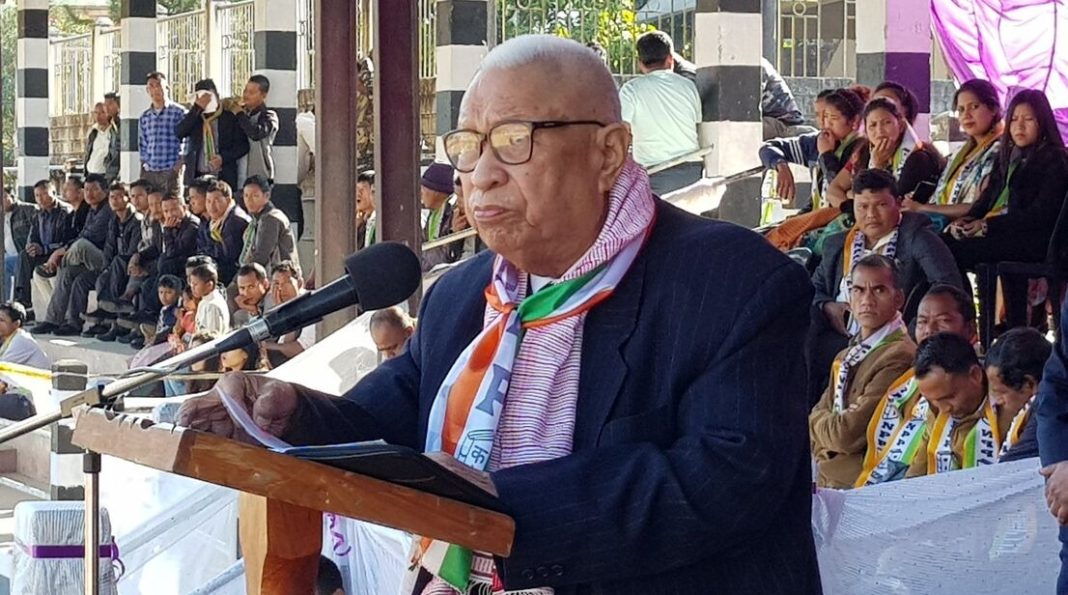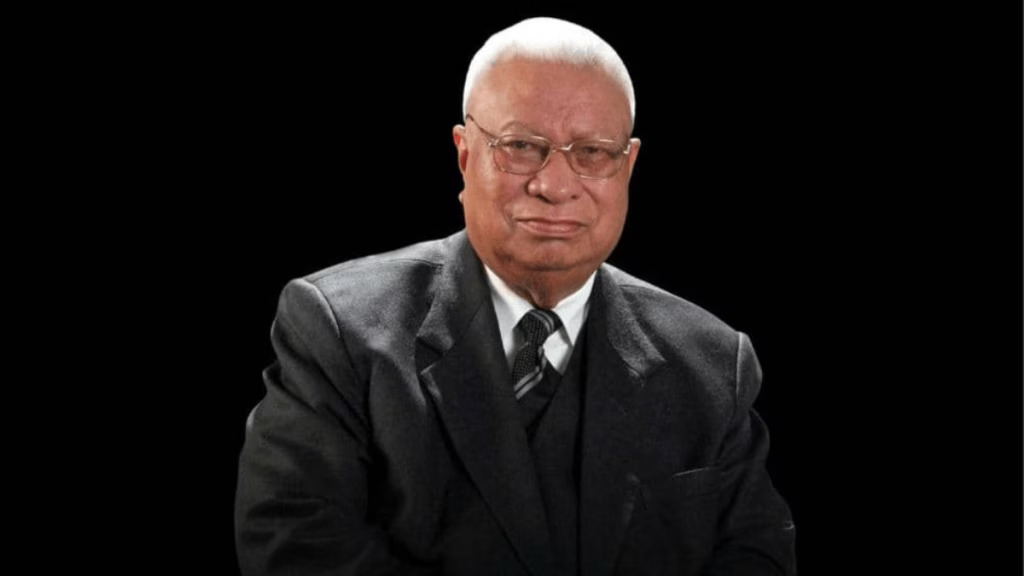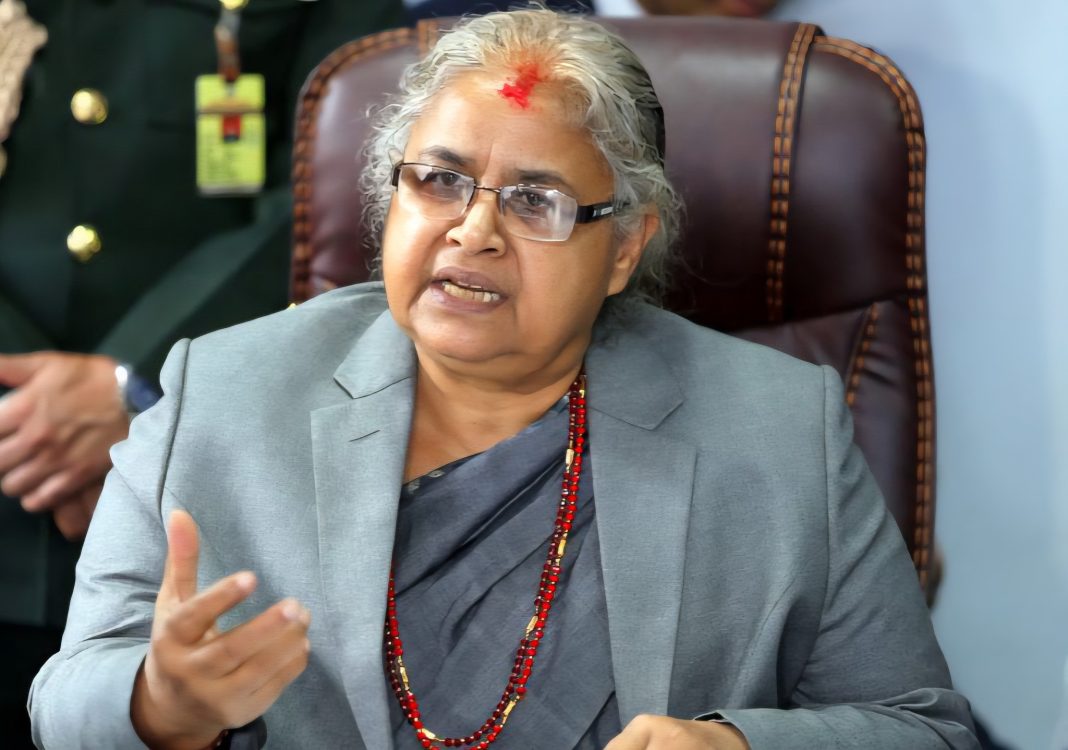Cosmos Sangma
Tura, Sept 14: Leading a state as diverse as Meghalaya is no small achievement. Yet, Donwawar Dethwelson Lapang accomplished this feat not once but five times. In an era defined by coalition-driven politics, his story embodies the adage: survival of the fittest.
From his first electoral victory in the Nongpoh constituency of Ri-Bhoi in 1972 to his unexpected departure from the Congress party—a political force he helped establish as a formidable contender against regional heavyweights in the Khasi-Jaintia region—D.D. Lapang remained a towering figure in Meghalaya’s politics. His exit from Congress proved to be a gain for the National People’s Party (NPP), led by Chief Minister Conrad K. Sangma.
Lapang’s political career, spanning over five decades, was marked by navigating the turbulent waters of Meghalaya’s coalition politics. He served as Chief Minister during five non-consecutive terms (1992, 1993–1998, 2003–2006, 2006–2007, and 2008–2009), often stepping in to stabilize governments amid party defections, coalition breakdowns, and leadership crises. His tenure saw significant milestones, such as the creation of Ri-Bhoi district in 1992 and the strengthening of Congress’s foothold in the region before his eventual shift to the NPP. Chief Minister Conrad K. Sangma has praised Lapang’s resilience, consensus-building skills, and ability to foster stability and communal harmony during turbulent times.
Lapang’s leadership was tested during periods of intense unrest, particularly in the Garo Hills. In the late 1990s, when the Achik National Volunteer Council (ANVC) wreaked havoc in the western region, and later, when the Garo National Liberation Army (GNLA) caused mayhem for eight years post-2010, Lapang successfully steered the state through these crises.
However, the most significant challenge of his tenure came in 2005, during the Meghalaya Board of School Education (MBOSE) agitation in Garo Hills. The region became a conflict zone after nine people, mostly students, lost their lives to police firing in Tura and Williamnagar while protesting over the MBOSE issue. This tragedy marked one of the darkest moments in Meghalaya’s history.
As Chief Minister, Lapang weathered this storm with remarkable resolve. In a bold move to restore trust between the people of Garo Hills and his government, he visited the region to personally express condolences and meet with the victims’ families. He also appointed a young IAS officer, P. Sampath Kumar, as the Deputy Commissioner of West Garo Hills, tasked him with reaching out to aggrieved parties and initiating dialogue. These efforts transformed anger and mistrust into open discussions, paving the way for normalcy.
The handling of the MBOSE crisis and the restoration of public trust stand as a defining moment in D.D. Lapang’s political legacy—a silver lining in a career dedicated to navigating Meghalaya’s complex political landscape.




